By Tosin Clegg
Renowned biochemist and neurophysiology researcher, Njoku George Chigozie, has called on the Nigerian government to invest more in research targeting neurodegenerative disorders, especially those linked with viral infections such as HIV. He made this call while speaking at a recent international seminar on emerging trends in neuroscience, held virtually and attended by experts from across the globe.
Chigozie, currently pursuing a PhD in Cellular and Integrative Physiology at the University of Nebraska Medical Center, USA, emphasised that diseases like HIV-associated neurocognitive disorders (HAND) continue to be under-diagnosed and poorly managed in many African countries, including Nigeria. “We are at a critical juncture in medicine where the intersection of infectious diseases and neurodegeneration cannot be ignored,” he said.
Drawing from his current doctoral research, which focuses on microglial dysfunction in amyloid-beta clearance, Chigozie explained that HIV can significantly disrupt the brain’s immune responses, accelerating cognitive decline in infected individuals. He noted that while antiretroviral therapy has improved life expectancy, it has not fully addressed the neurological complications of the virus.
“Microglia, the brain’s immune cells, play a crucial role in clearing toxic proteins like amyloid-beta,” he explained. “In HIV-positive patients, this function is impaired, potentially increasing their risk of developing Alzheimer’s-like symptoms. Our research aims to understand this mechanism better and propose therapeutic strategies.”
With over five years of experience in molecular biology, RNA analysis, and immunology, Chigozie has contributed to numerous studies examining the therapeutic potential of natural compounds in managing metabolic and inflammatory diseases. His work on inflammatory bowel disease during his Master’s thesis at the Steno Diabetic Center, Denmark further solidified his expertise in immune-mediated disorders.
He argued that while global research has advanced, African countries must not remain consumers of foreign data but instead generate context-specific findings. “We need localised research that reflects our unique genetic and environmental factors. This requires deliberate investment in science, infrastructure, and human capital,” he stated.
Chigozie also highlighted the role of intercontinental academic partnerships. Through the prestigious Erasmus Mundus scholarship, he studied across three European countries, gaining exposure to advanced biotechnological tools. He encouraged the government to replicate such frameworks locally to retain talented researchers and discourage brain drain.
His extensive publication record, including peer-reviewed articles on antioxidant therapies, diabetes, and nanomedicine, reflects his commitment to applying biochemical insights to public health challenges. “Science must move from the lab to the community. Our work is not complete until it translates into policies and products that improve lives,” he said.
Speaking on his recent co-authored review in Bioactive Materials on extracellular vesicles and their potential in treating Crohn’s disease and ulcerative colitis, Chigozie reiterated the importance of exploring unconventional treatment methods for chronic conditions that have been largely neglected in sub-Saharan Africa.
Beyond academia, Chigozie has been actively involved in public health outreach. In 2022, he organised a medical awareness campaign in Delta State, screening over 200 public servants for diabetes and high blood pressure. “Public engagement is essential. We must demystify science and show its relevance to everyday life,” he affirmed.
He concluded his address by urging the Federal Ministry of Health and the Tertiary Education Trust Fund (TETFund) to create special grants for neurodegenerative research, especially in relation to HIV. “Nigeria has the talent. What we need is strategic funding and institutional support,” he added.
As an emerging leader in biomedical science, Njoku George Chigozie stands as a strong voice advocating for the integration of neuroscience, immunology, and public policy to address Africa’s pressing health challenges. His work exemplifies how research rooted in African realities can contribute meaningfully to global scientific progress.



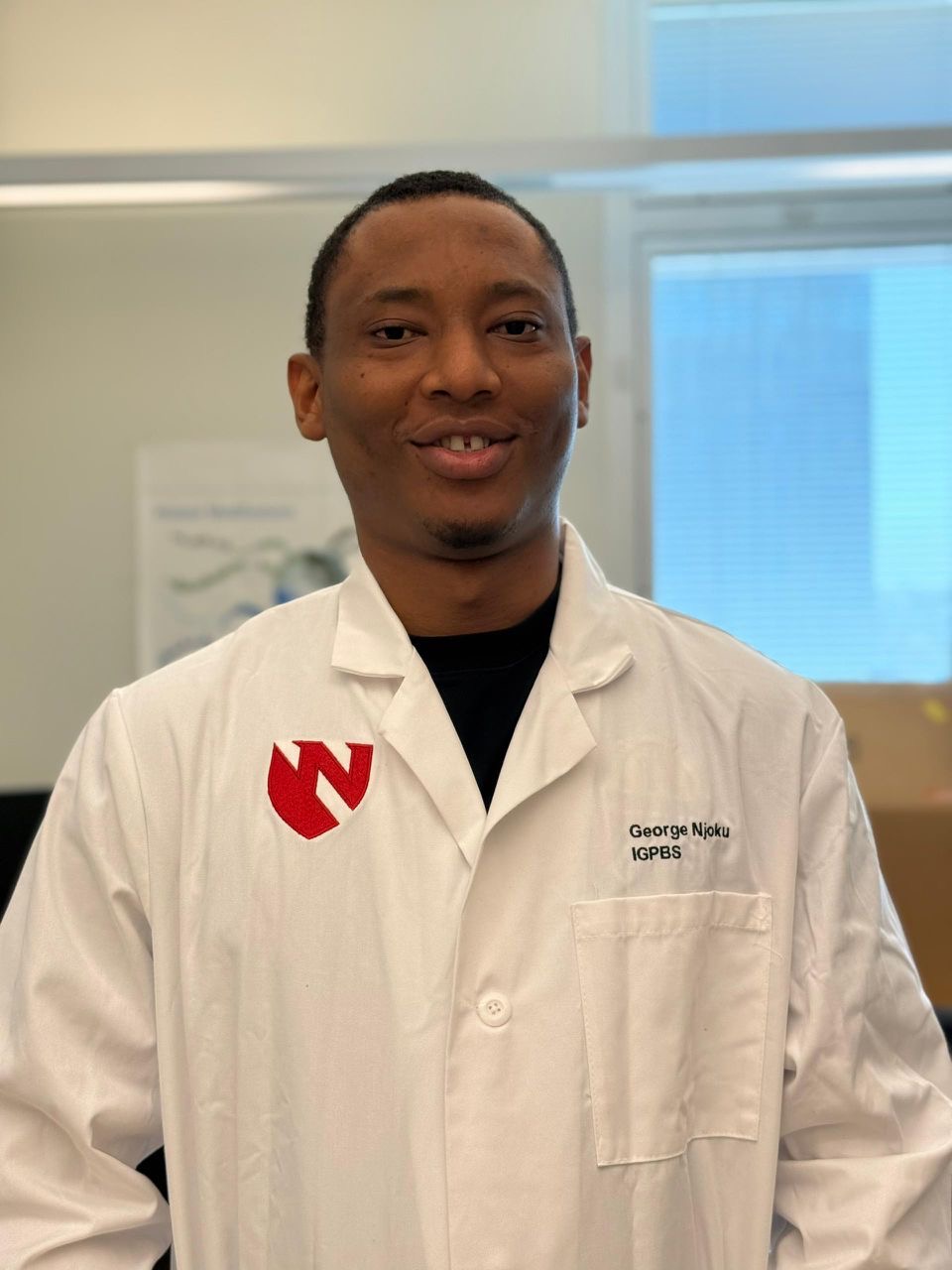
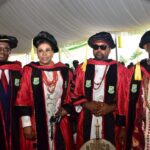

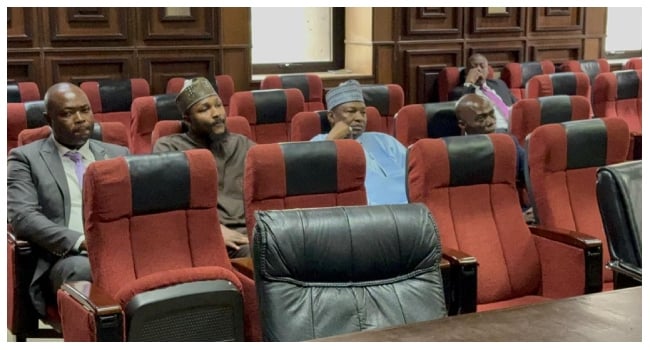
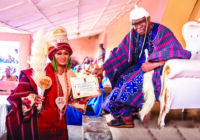

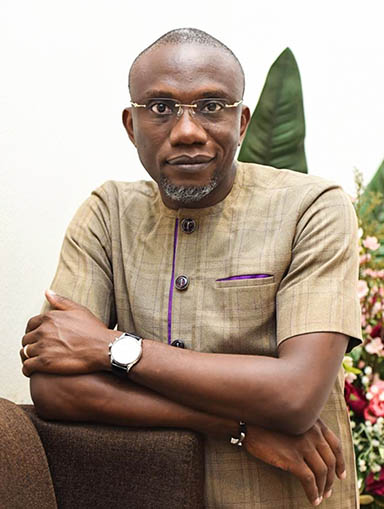
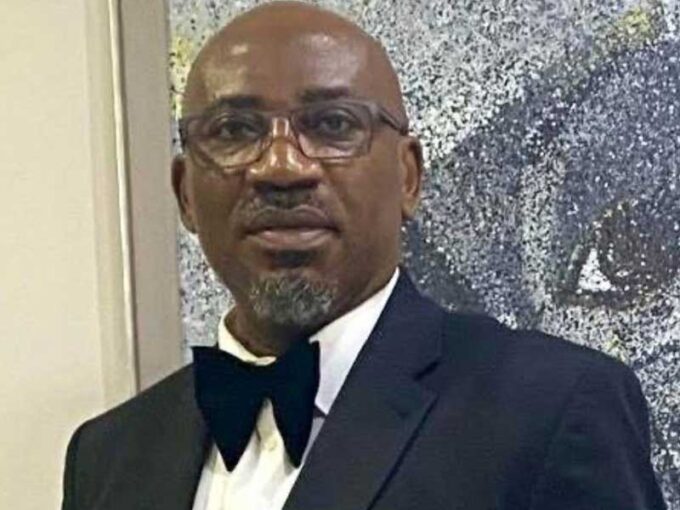
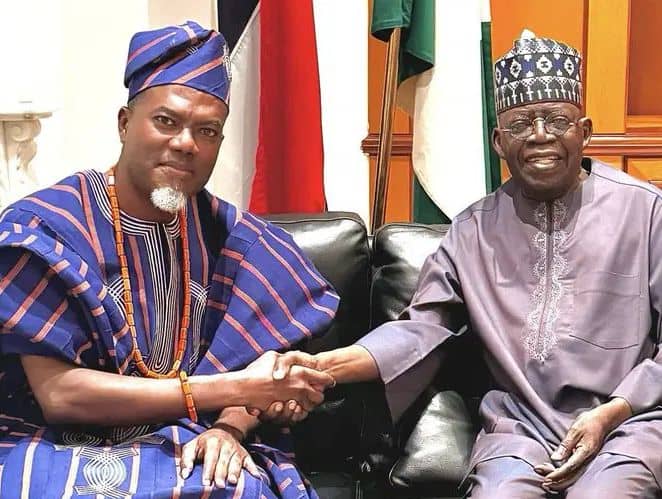
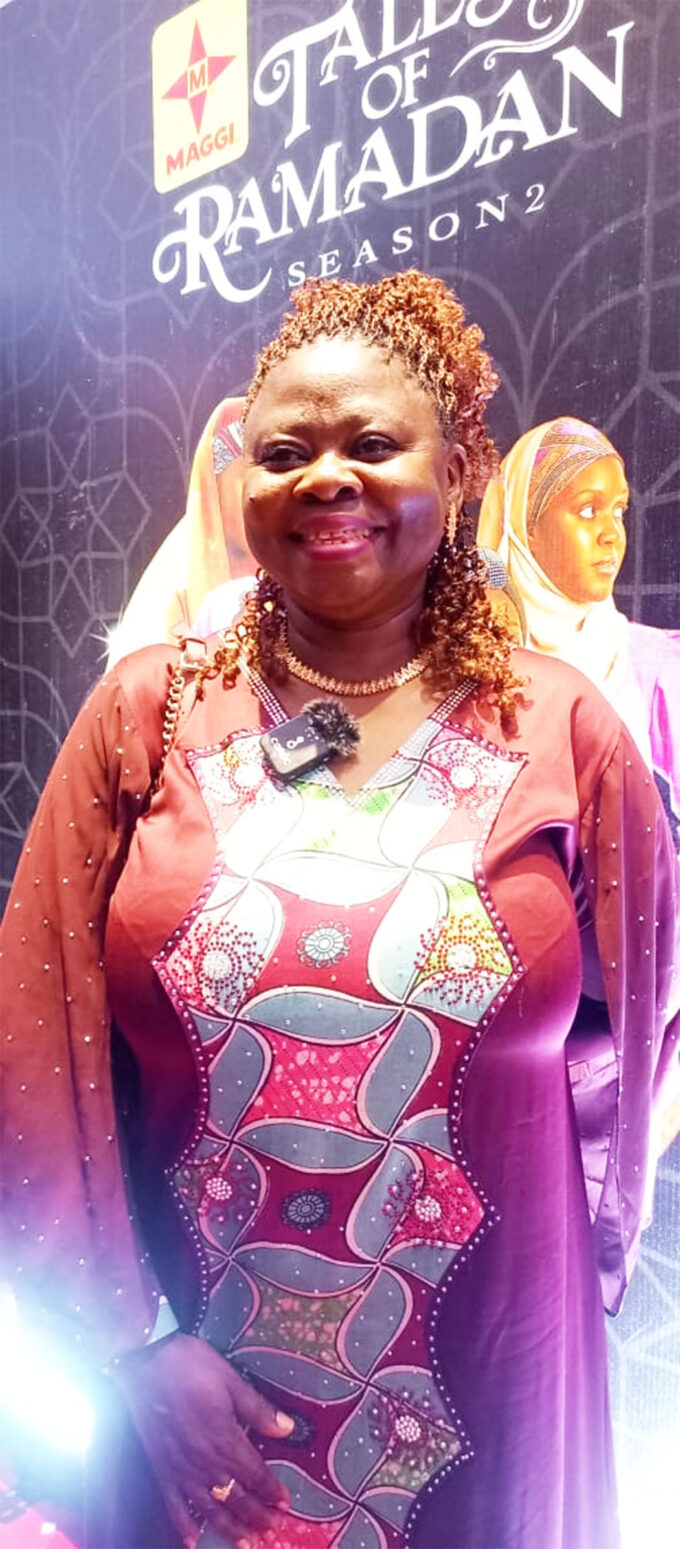





Leave a comment